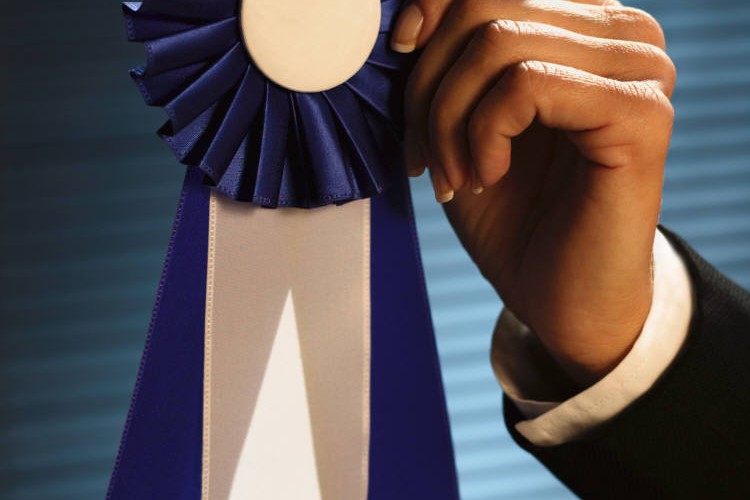
Have a perfectionist with aphasia in your life? You wouldn't believe how many people call or write to me and say "Well, he/she is a perfectionist, so he/she won't try to talk unless he/she feels it will be perfect". What's my response? "Join the club, everyone who comes to our program is a perfectionist". As a fellow perfectionist, I totally get it. If I ever get aphasia, watch out, because I'm going to be a great big pain in the _________.
How is perfectionism a blessing? Without it, all of these lovely people with aphasia and I wouldn't continually strive to be better and better. What? I only did 90% of those correctly? That's not acceptable! How can you call that great? I forgot a word when I was speaking! I've had clients who insisted that I minimize their achievements and focus on their failings, literally saying "Is that seriously the best effort you can make?"
Perfectionism is most likely what drove my clients and I into our career choices—I want to be the best therapist, problem-solver, counselor, and expert I can be to better help families with aphasia. I know that I can help anyone with advice, training, treatment, or any other item in my vast repertoire of knowledge. So I can become easily frustrated when families with aphasia can't perceive how different our intensive programs are—I've agonized over every detail to make this the best experience possible!
I often see a similar mindset in my client with aphasia. It tends to focus on the "I used to be able to do Task X very quickly and easily, now I'm terrible". This tends to wind into thoughts that "I'm not making progress fast enough, I need to be fixed by tomorrow!" Then perfectionism becomes a curse—it becomes self-defeating and a reason to just give up.
I get that it takes a long time to get noticeable aphasia improvement. Persons with aphasia cannot see themselves clearly, so they also can't see what progress has been made since their brain injury. Since they usually don't have a clear idea of what they were like right after the brain injury, they can only compare themselves to the "perfect" before photo. The "after" photo pales in comparison. It's easy to give up. It's easy to lose faith. It's easy to focus on the millions of little things that aren't absolutely top-notch (you can get lost in this very easily, I do it all the time).
One of the best things I like about our intensive aphasia programs are these counseling/training moments. There's usually a lot of crying, a lot of coaching, a lot of encouragement, and then I ask them to make a decision—"do you want to give up and say forget it, or do you want to fight? Because if you want to give up, then go ahead, I won't stop you. But if you want to fight, I'm here to kick your butt every day for five hours a day. If you want it, you've got to kill the excuses and do it".
My final thoughts—truth is hard. Motivation is hard. Working through your aphasia is hard. But if you want it, truly want it, it will not be easy, but it will be worth it.
Your thoughts?
